By Les Tan/Red Sports
Singapore, Wednesday, September 15, 2010 — The Youth Olympic Games budget got an airing when members of parliament questioned Dr Vivian Balakrishnan, the minister in charge of the Ministry of Community Development, Youth and Sports (MCYS).
The Singapore government eventually spent S$387 million on the Games. The initial bid budget presented by the organisers was S$104 million.
“Approval for this expenditure was obtained from Cabinet, and additional funds provided by the Ministry of Finance. Consequently, it was not necessary to cut back on any other MCYS programmes in order for us to host this Games,” said the sports minister.
“Our initial budget estimates during the bid phase were clearly inaccurate. We got it wrong,” minister Balakrishnan also said in response to a question from MP Zaqy Mohamad who asked why the actual amount spent was much more than initially budgeted.
Minister Balakrishnan further elaborated: “Let me explain how this came about. This was the first ever Youth Olympic Games in the world. Quite frankly, both the IOC and us were starting from scratch. We therefore underestimated the requirements and the consequential cost of several major functional areas which were necessary to host these Games. In fact, the finalised specifications and the standards for the Games were only determined after we won the bid to host the Games.
“And if I may add, in fact, determined very late in the preparations for the Games. Each event was pegged at the World Youth Championship level and all 26 International Federations representing each Olympic sport had to approve the detailed specifications.”
The minister acknowledged that the cost was high but the alternative was to deliver a games that would embarrass us in front of an international audience.
“Overall, the YOG was not cheap. When it became clear during the course of preparation that our initial estimates were wrong, I was confronted with two pertinent questions. The first question, if we had known that it would cost S$387million, would we still have bid for the Games? The second question – if we spend S$387million, will we get value from that expenditure? In my mind, the answer to both these questions was “Yes”. I was able to convince my Cabinet colleagues that the answer to both these questions were “yes” and that’s why approval was given to us to spend this money to host this Games.
“There was another alternative. I could have just blindly cut the budget and delivered a sub-standard Games. But I don’t think that that would have been the right decision and it would not have been fair to our athletes, to the visiting athletes, to the IOC. Most importantly, I don’t think it would have been fair to Singaporeans,” he said.
The minister said that Singapore companies benefited significantly from the spend as well.
“The YOG has benefited our local businesses. Of the overall budget of S$387 million, S$260 million worth of local contracts went to our local companies. That is about 70% of our projected expenditure. And another S$46 million to overseas companies with local subsidiaries in Singapore,” he said.
Cost Breakdown* (in S$)
$97 million – scoring system, computer systems to manage data (accreditation, workforce data, dissemination of results)
$76 million – upgrading of sports venues and equipment needed to host the Games (these standards were set by the international sports federations only after Singapore was announced as the host)
$45.5 million – live broadcast through multiple media; Opening and Closing Ceremonies
$44 million – Logistics (supply chain management, venue logistics, cleaning & waste and transport)
$18 million – Security (auxiliary police and screening equipment)
$14.3 million – operational requirements at Youth Olympic Village (language translation and interpretation, laundry and catering and other services)
$5.4 million – Culture and Education Programme (CEP)
$7 million – Youth Olympic flame journey through five cities
$79.8 million – other costs (office costs, general administration, marketing and communications, volunteer training, legal and insurance, medical services and additional logistics)
Revenue* (in S$)
$7-8 million – sale of tickets
$7.6 million – cash sponsorship
$60 million – sponsorship in kind
* Source: MCYS website

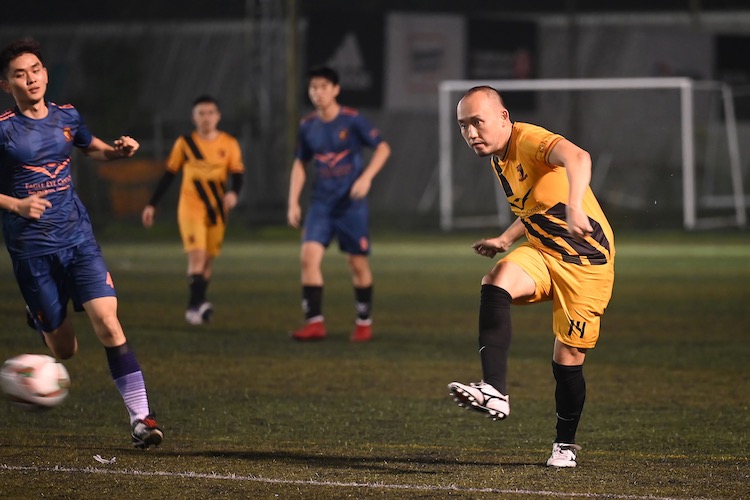
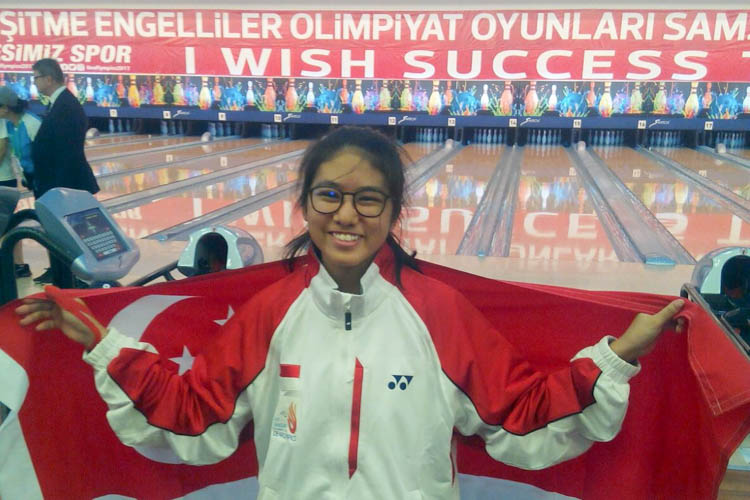
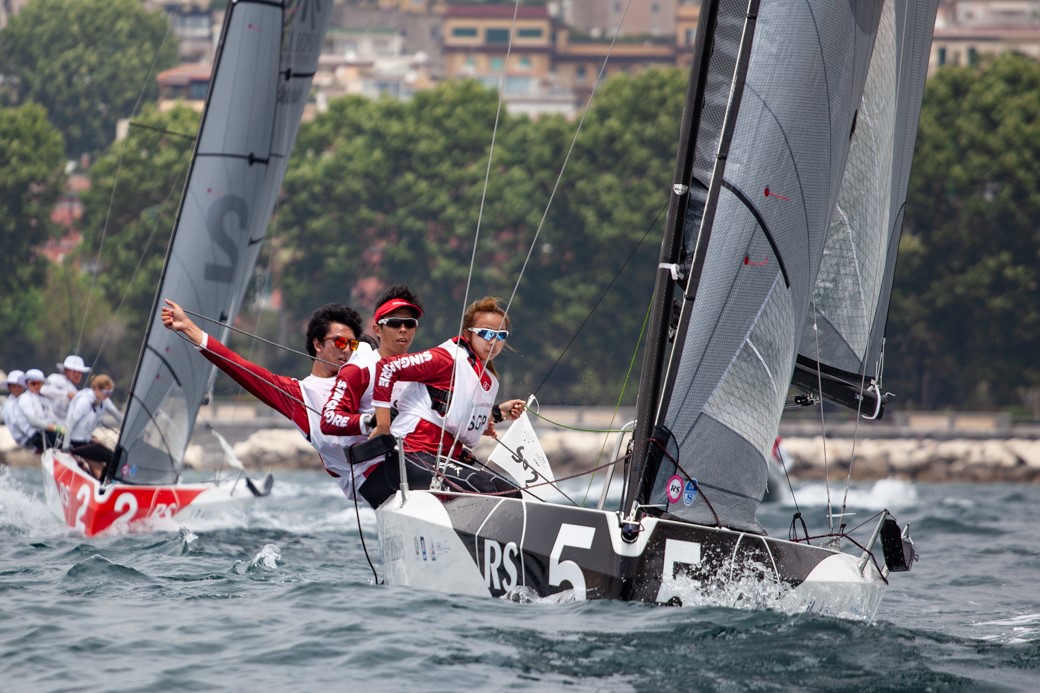
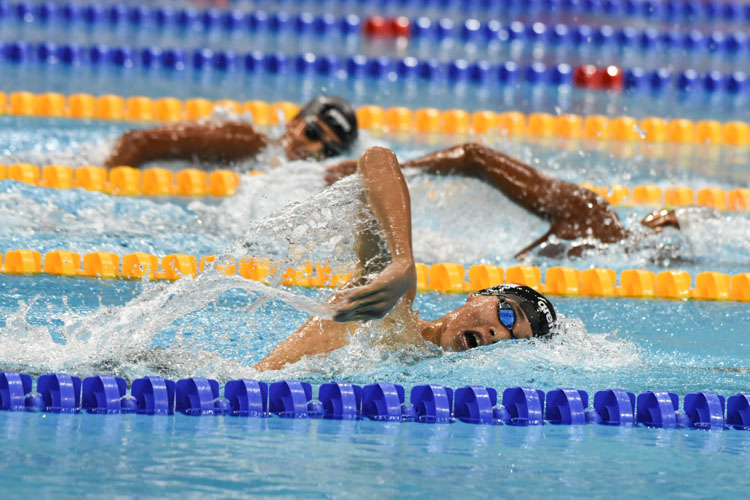
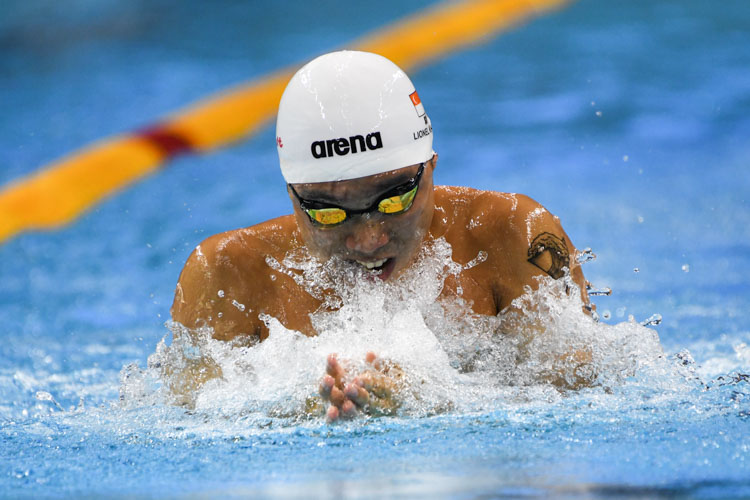

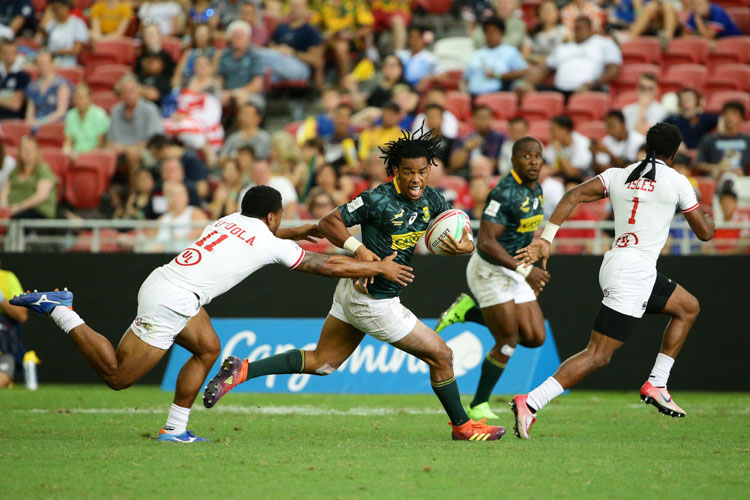
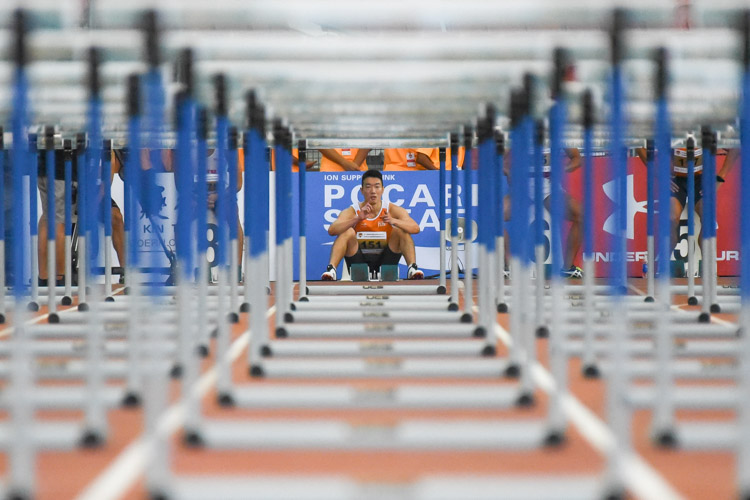
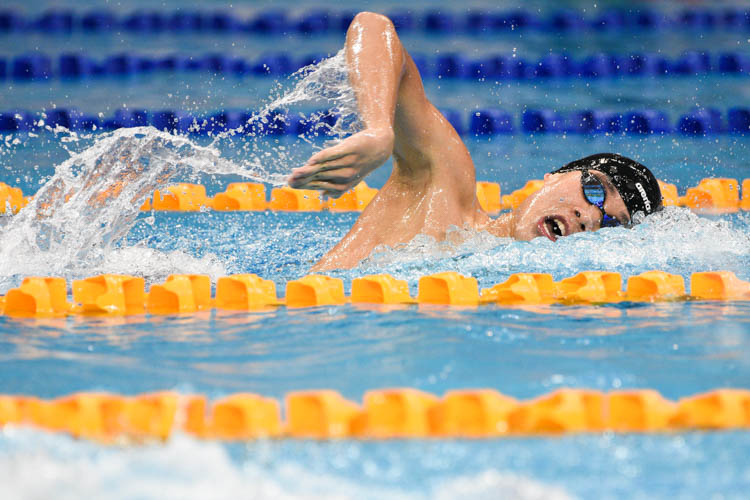
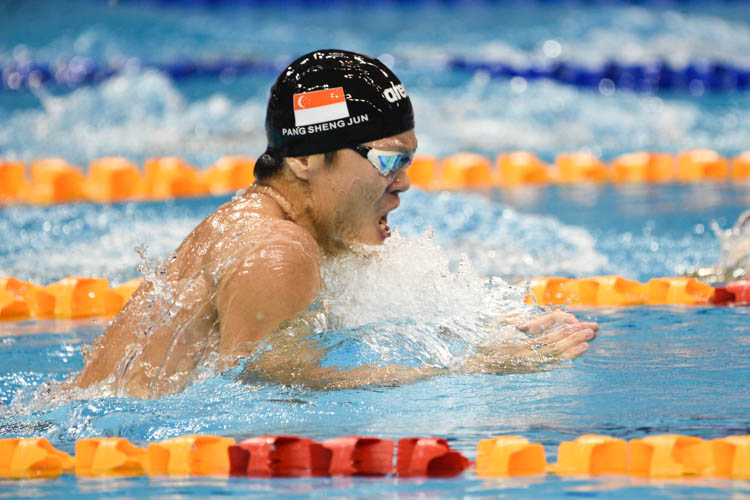
Leave A Comment